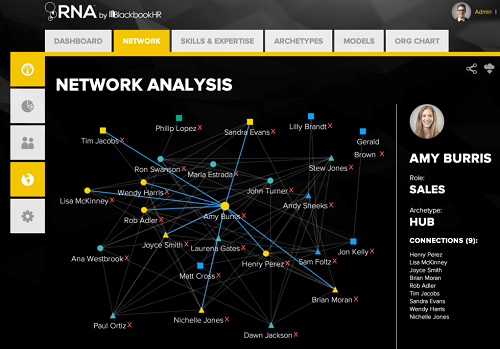Hey, gang I’m running a sponsored post by the great folks at Spherion regarding their 2014 Emerging Workforce Study which has some really great data, check it out.
I’m a company guy.
When I make the decision to go to work for an organization, I’m both feet in. I’ve always been that way. I’m the dork who loves to get the company logo gear and I don’t just wear it to work on ‘casual’ Friday, I’ll wear it to my families holiday get-togethers! To me, supporting the organization you work for is a non-negotiable. I want to work with people who want to work with the organization we work for, and if you don’t, get out!
Spherion’s 2014 Emerging Workforce Study found some really interesting statistics around this, that blew my mind! Crazy as this will seem to you, not everyone thinks like me! Check this out:
- Only 35% of workers would say something very positive in discussing their company with other people.
35%! If you would have asked me this question, without me first seeing the data, I would have said this was 75%. I was way off. This is a major problem for organizations! 65% of your employees basically believe they could not say something very positive about your organization. Ouch! That hurts.
You want to see another major disconnect that is playing into this lack of engagement?
- 64% of companies believe their younger workers lack the business and life experience required for leadership positions.
- While companies believe younger workers lack experience, 61% of Gen Y workers agree they have greater opportunities available to them because of their age.
Organizations are finally really starting to feel the pain of their aging Baby Boomer workforce beginning to leave their positions. This is that ‘oh crap’ moment when you realize you don’t have the proper succession in place for the future. To make this situation worse, your younger workers believe they’re ready to ‘drive’! They want the keys to the executive washroom, but you know they’re not ready.
Put on top of all of this, about ten years of not developing your leadership competencies because of the recession, and you my friends have some major organizational issues you are about to face!
What can you do about this? Here are a few ideas:
1. Hire people who really, really want to work for you. Brand advocates will stick with you through thick and thin, even when you’re not at your best.
2. Teach your leaders to be ‘great’ at performance management. Spend money and time on this. There is great technology out there that can help as well.
3. Know who your true internal influencers are on your staff, and invest in them.
There is no easy way out of this, for any of us. But, the awesome part of this mess, is that HR can have a great impact in making our organizations better. Time to sharpen the saw and get to work HR Pros!
Disclosure Language:
Spherion partnered with bloggers such as me for their Emerging Workforce Study program. As part of this program, I received compensation for my time. They did not tell me what to purchase or what to say about any idea mentioned in these posts. Spherion believes that consumers and bloggers are free to form their own opinions and share them in their own words. Spherion’s policies align with WOMMA Ethics Code, FTC guidelines and social media engagement recommendations.


